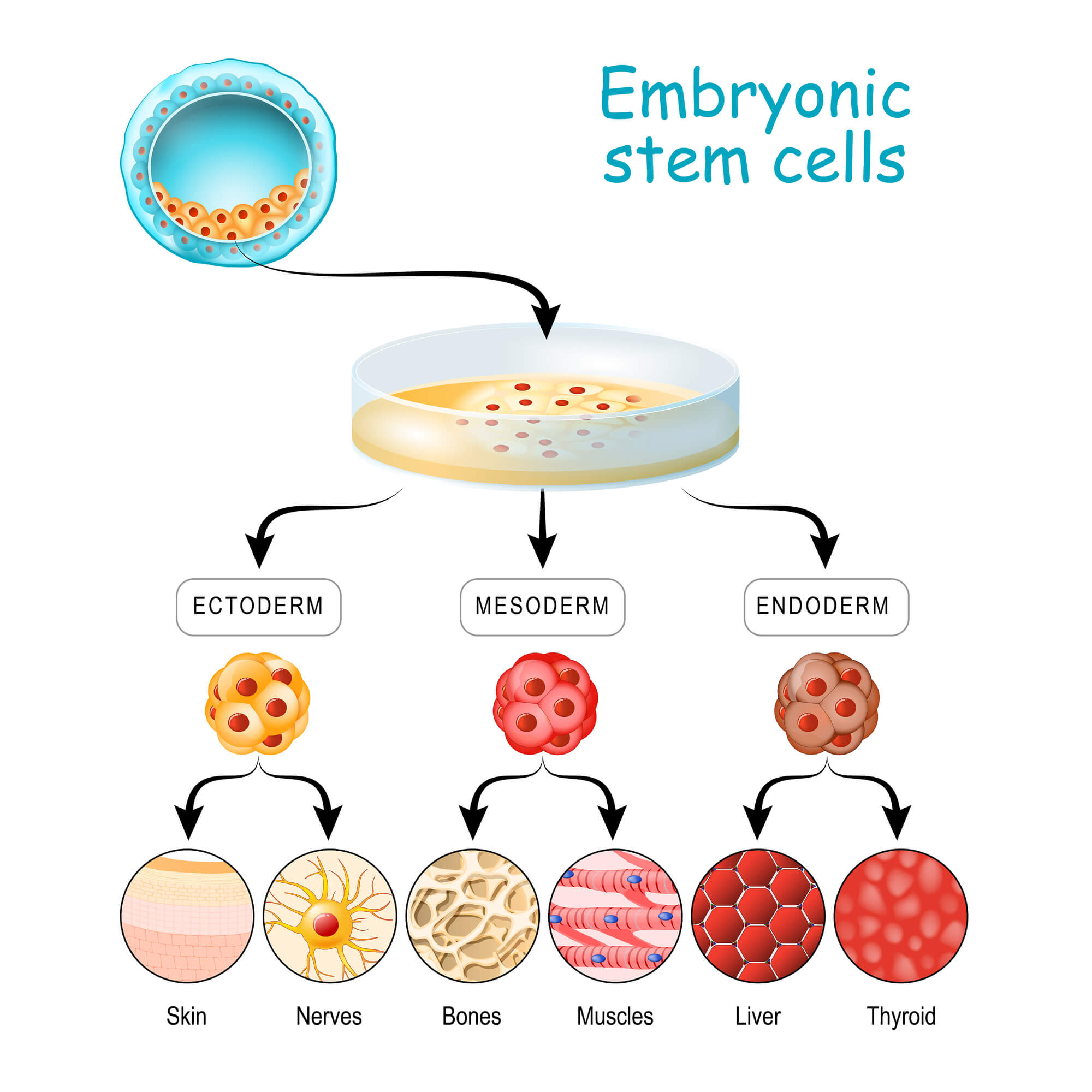A study by researchers at the Hebrew University found that in mature cells derived from stem cells, which are used in the field of regenerative medicine that focuses on renewing living tissues and creating organs for transplantation, cancerous mutations may appear

Pluripotent stem cells are cells with two very important properties: they have the ability to divide endlessly and the amazing ability to create every cell in our body. These characteristics make these cells an excellent tool for the research of embryonic development, as well as drug development and disease modeling, as well as - for a source of cells for regenerative medicine. In a new study, led by Prof. Nissim Benvanisti from the Azrieli Center for Stem Cells and Genetic Research at the Institute of Life Sciences at the Hebrew University, they found that there is concern about the presence of cancerous mutations in adult cells that have developed from pluripotent stem cells.
Although human pluripotent stem cells can remain in culture for long periods of time, they are also known to be vulnerable to the acquisition of genetic defects that confer a selective advantage under culture conditions. The increasing popularity in recent years of using pluripotent stem cells in studies of differentiation into adult cells, leads the research in stem cells to try and reveal the frequency of mutations in these cells and the cells that have differentiated from them. Prof. Nissim Benvanisti's laboratory is a pioneer in identifying cancer-related genes with such mutations and recently developed a bioinformatic algorithm for the identification of those mutations.
In a study recently published in the prestigious journal Nature Biotechnology, research students Eliad Lazmi and Jonathan Jung, together with Prof. Benvenisti, analyzed over 2200 samples of pluripotent stem cells with the aim of understanding the rate and severity of cancer-related mutations acquired in the culture. The researchers reveal that 22% of the analyzed samples had at least one cancer-related mutation, and of this - at least 70% were acquired during the stay in culture. Mutations acquired during the period of differentiation, despite being rare, still exist, and therefore raise the need to monitor the differentiation until its end.
"The most common defective gene in the analysis was the P53 gene, which is most associated with cancer in humans," explains Prof. Benvanisti, and continues: "We suggest that these mutations, which are acquired in culture, not only provide advantages in culture, but also affect the process of standard differentiation and fate the cell Therefore, this is a source of concern, due to the increasing prevalence of stem cell research and their application in regenerative medicine."
"The mutations identified by us were not known to the researchers who used the cells when they previously published their studies, and as a result, could have led to misleading conclusions, especially when phenotypic effects were found. The need for a consistent examination of the culture is important in order for the field of stem cells to progress in the right direction, and for innovative medical research to be aware of dangerous developments, especially for clinical use," Jonathan Jung concluded.
More of the topic in Hayadan:
- The mathematics of depression
- One morning we entered the laboratory and discovered that some of the cells had started beating together
- Researchers from Tel Aviv University: We succeeded in growing a spinal cord in the laboratory
- Cells with potential - a look at stem cells
- A method for identifying a stem cell with unlimited differentiation capacity
